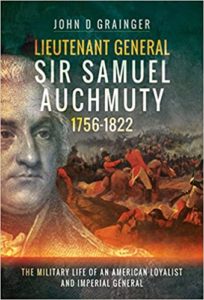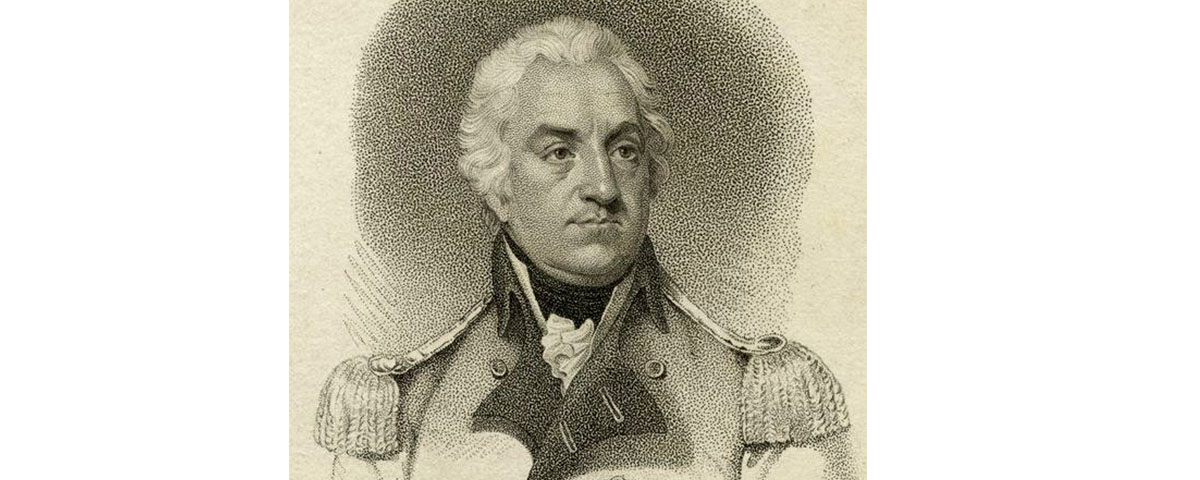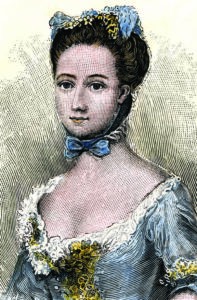Although born in New York City in 1756, Samuel Auchmuty’s family came from Fife, Scotland, where there still exist a village called Auchmuty. His family was also Anglican, or Episcopalian as it is called in Scotland and America, which former teacher and historian John D. Grainger regards as a factor in his decision to fight for the British Crown during the American War for Independence. That war may have ended in defeat for him, but it was only the beginning of a remarkable military career in India, Egypt and South America. During the Napoleonic Wars, Auchmuty organized Kent’s defenses against possible invasion and he later took part in the conquest of Java.

Lieutenant General Sir Samuel Auchmuty (1756-1822), The Military Life of an American Loyalist and Imperial General, by John D. Grainger
Auchmuty’s achievements were literally overshadowed by the personalities under whom he served, such as Charles, Earl of Cornwallis in India, David Baird in Egypt, John Whitelocke in South America, and by Gilbert Elliott-Murray-Kynynmound, 1st Earl of Minto and Thomas Stamford Raffles in Java.
A major reason, Grainger posits, is that he left no autobiographical book or papers behind after his death. Nevertheless, the author found documentation enough to confirm his greatest achievements during the occupation of Montevideo, the campaign in Java and above all else his service in India. As a “Sepoy general” (like Arthur Wellesley, Duke of Wellington), Auchmuty’s recommendations to the East India Company, such a soldier being paid a bounty for 12 years of service and after another five years, the option of either re-enlistment or honorable discharge, had their effect in India House.
Indeed, Grainger believes that his reforms in the Madras Army had much to do with its remaining loyal to the company during the great rebellion of 1857-1858. Auchmuty’s last post was as commander in chief in Ireland, where here he died on August 19, 1822. Nothing is known of his relations with women, nor was he ever married…other than to the Army. Military scholars in search of a new personality among the professionals who forged the British Empire should find plenty of contextual interest in this fascinating profile of an American who took “the King’s shilling” for life.





